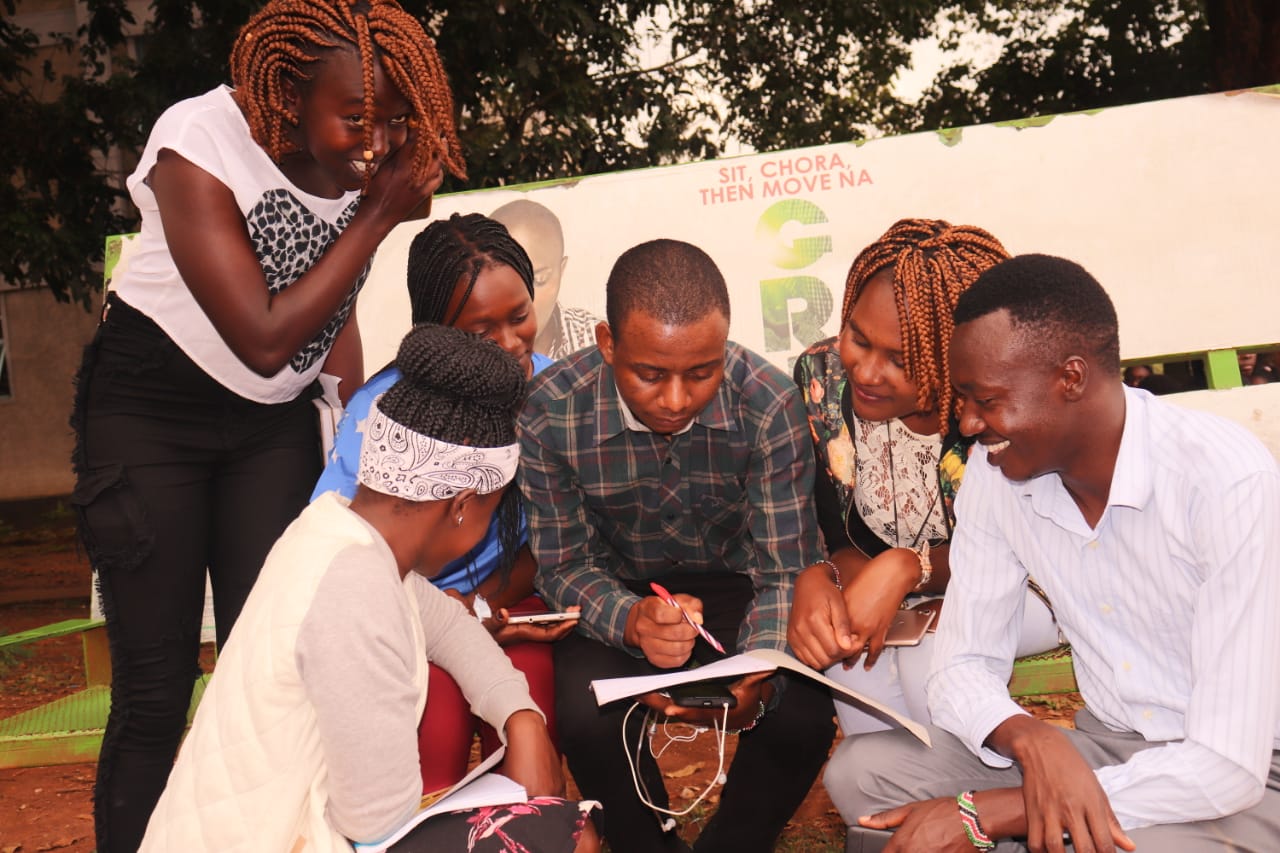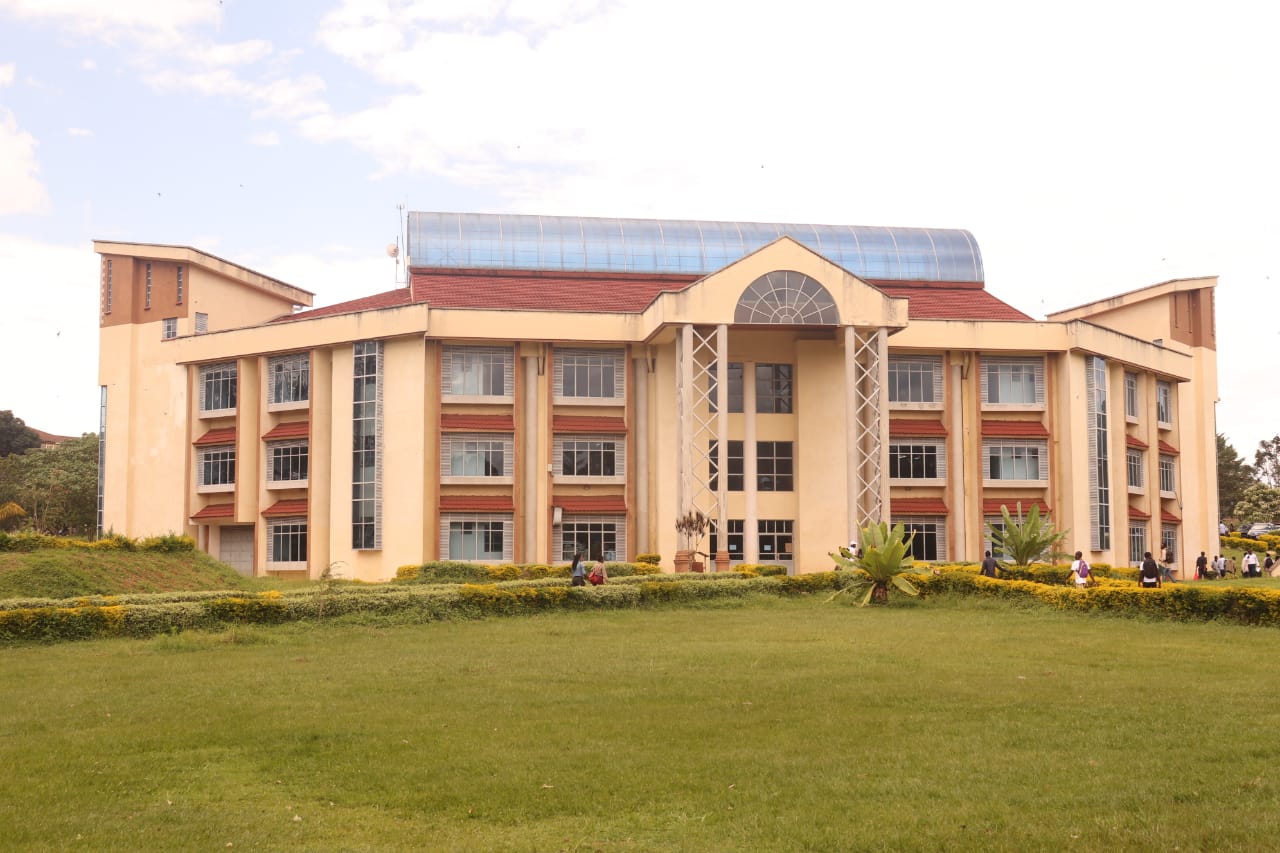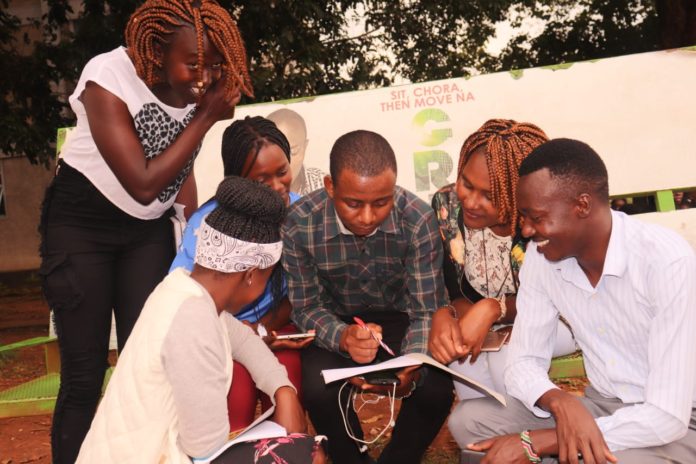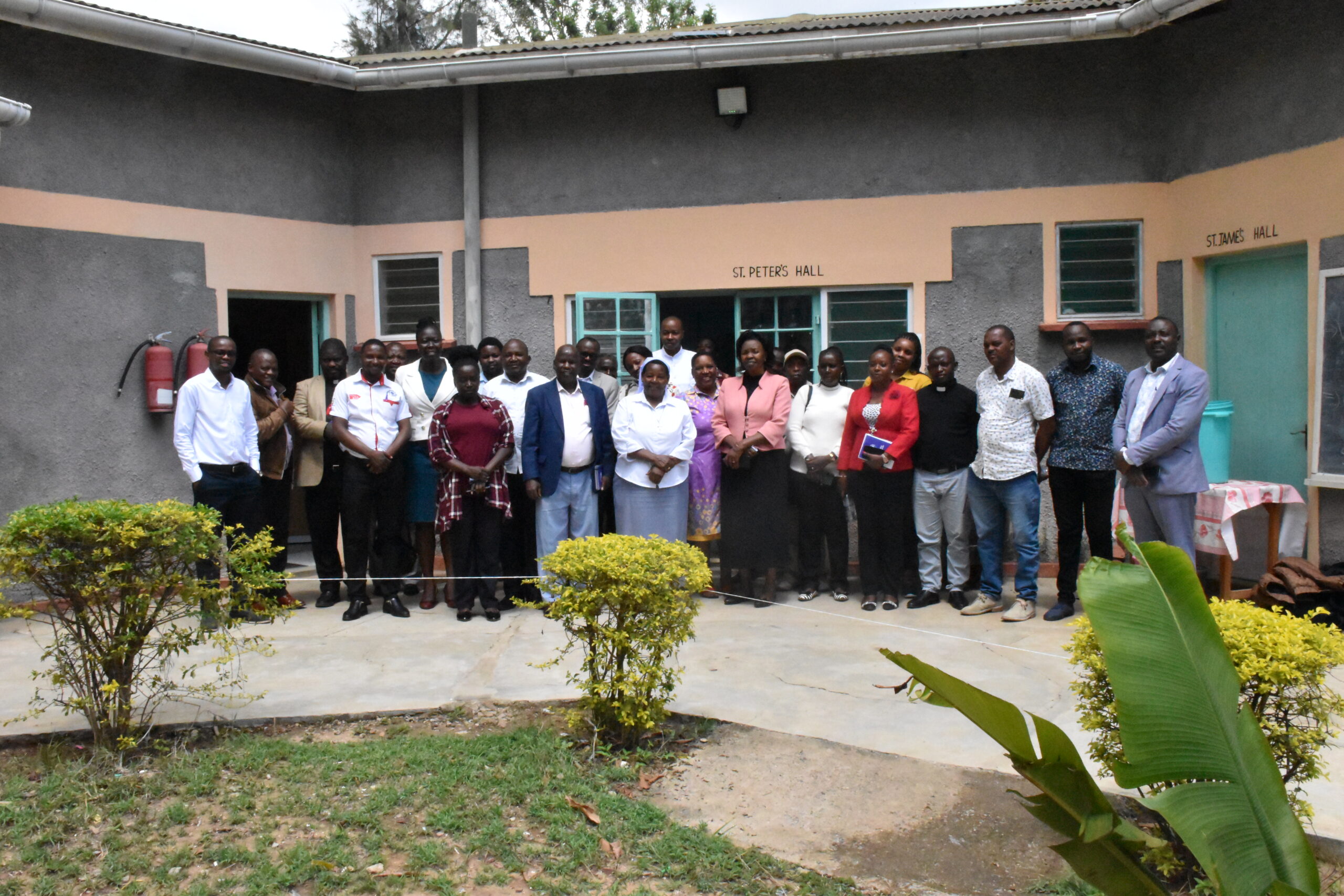By Lilian Mukoche
Kakamega County, Kenya: With the presence of the new COVID-19 pandemic, universities are still closed and it’s not known when the situation will return to normalcy. This means that E-learning is the way to go for both the Lecturers and students but challenges are so many.
Universities in Kenya under the Country’s Vision 2030 Strategic plan were in 2007 compelled by the government to introduce e-learning. This was necessitated by the fact that the move will increase the number of people that could access higher education, counter the large number of students enrolling yearly, and also making sure that universities embrace technology.
According to Prof. Stanley Omuterema, Lecturer, Disaster Management, and Environmental Pollution Control at Masinde Muliro University, online learning is the way to go, however, preparedness is still low.
The infrastructure is not yet developed to serve the lecturer and student population and the current content delivery mode known as ODEL (Online Distance E-learning) at the university lacks online capacity.
“I run three courses on ODEL platform but there’s very little online activity, only my simplified modules on a screen, Whatsapp, phone call, and short message services for support”, Prof. Omuterema says.

He adds that there are cost implications in bundles and machines for both staff and students that should be sorted first before going ahead with the programs.
He says some learners aren’t digitally literate and moving forward, the institutions must address these concerns either through capacity building.
“This is a massive undertaking by the university and the effort should be appreciated. However, the whole experience is fraught with so many difficulties that I suspect will turn out to be a wasteful conduit of resources and will fail miserably,” Agatha Mbakaya, a Lecturer at Masinde Muliro University notes.
She says that many lecturers are not computer proficient and one who cannot deal with IT cannot be penalized because it was never a prerequisite requirement for employment from the onset.
She adds that not all those who are techno-savvy have access to computers and laptops away from the university and it can only penalize a failure to teach if they level the playing field by providing staff with equipment or resources to purchase them.
She also cites internet connectivity as a challenge that must be looked into before setting to think of online training.
“I once taught for ODEL, and one of my major sources of discontentment was that there was no copyright protection for my material. So program administrators simply discarded me and engaged someone else to use my material. What guarantee is the University providing for copyright protection, she asks.
Kaimosi University College (KAFUCO) is one college that faces a number of challenges, including connectivity, when it comes to digital learning.

This is according to Dr. Samuel Maragia, the Dean School of Education and Social Sciences at the college who says that connectivity links are weak though the University College is in the process of enhancing the bandwidth.
Dr. Maragia says skills on content delivery via digital mode is a challenge too for few of the academic staff have the required skills though plans are in place to train academic staff and students on how to work on the digital platform.
He says that learners find it costly to connect to the internet for the courses whose lecturers have managed to provide content on the e-platform and that not all learners will be reached because of the location where they stay.
Dr. Maragia adds that some learners who live in areas with poor connectivity will be disadvantaged causing the lecturers to repeat their work face to face when the college re-opens after COVID19.
He cites mindset as a challenge too, saying that presently people are occupied with the issue of COVID-19, floods, locusts, and financial constraints currently experienced and it will take time for both lecturers and students to be settled for digital teaching and learning respectively.
As for The Technical University of Kenya, Dr. Joyce Omwoha Lecturer and Chair-Department of Journalism and Media Studies reveal four main challenges facing the university on digital learning.
She says online teaching curriculum is not approved by the Commission of University Education (CUE), 80 percent of the students do not have access to the internet which means they will be limited or no inclusion of all students, that the university is yet to provide a platform to be used for online teaching and there is also some resistance by some lecturers to use digital platform for teaching.
Accessing gadgets required in aiding online learning is a big challenge according to Steve Abong’o a fourth-year student taking a Bachelor’s degree in Journalism and Mass Communication at Kibabii University.
He says that most students are not in a position to purchase gadgets like smartphones and laptops which are used for online learning.
He observes that online learning is expensive and very few students can afford it and some of the learners do not have skills for online learning.
Abong’o adds that sparing some time for the online lessons is not easy since, during this period, most parents take advantage of the pandemic to make their children help them with house chores.
He notes that during this time, most parents take advantage of the COVID-19 break to make their children help them in different home chores like going to the farm.
“This has made it difficult for the students to have appropriate time for their learning, and to some extent, they finish their duties when already exhausted and cannot concentrate on the online lessons.
He reveals that distractions from siblings, social media addictions, and poor internet connections as other challenges to digital learning.
“Poor internet connection in some areas, mostly the villages hinder students from being able to study online,” he adds.
With all these challenges, the government and universities still have a long way to go to ensure that this digital system of learning is more efficient.
Lecturers and students should have the technical skills to function in this era of COVID-19 for learning in the future are headed towards digital lessons, with or without the pandemic.
The universities should also increase their investment in digital learning resources which can be achieved by providing students with data bundles or subsidize access to online learning resources.
Online platforms too, must be developed by the government and universities that are yet to take it seriously in order to promote active learning.













